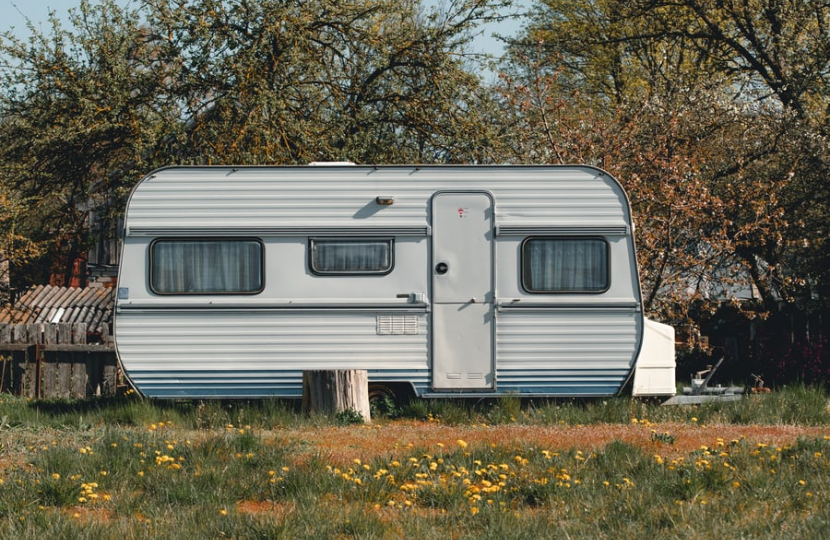
Rural crime has been estimated to cost the economy more than £800 million annually, with people being markedly less satisfied with policing in rural areas than across the country as a whole.
Conservative PCCs know that the best way to tackle rural crime is to protect neighbourhood police numbers meaning quicker emergency response times and more visible policing on streets. They also aim to improve efficiency in policing so that the police can spend less time behind desks and more time in rural communities across the country.
These actions will help to deliver safer rural communities across the country, with crime rates being lower in those areas than in the rest of the country thanks to successful local policing.
Tackling rural crime nationally
• Protecting local policing. Conservative PCCs have been more successful in protecting local policing than Labour and Independent PCCs. Labour and Independent areas have cut neighbourhood policing by an average of 17 and 29 per cent respectively from March 2012 to March 2015. In Conservative areas neighbourhood police numbers have fallen by only 2 per cent.
• Putting police officers back on the front line. Conservative PCCs have been more successful in putting more police officers back on the frontline and away from desk jobs than Independent PCCs. The average increase in the proportion of police officers in frontline roles was 0.9 per cent in Conservative areas between March 2012 to March 2015 and 0.8 per cent in Independent areas.
• Working to set up the Rural Crime Network. Conservative PCCs have been essential in setting up the network, which two thirds of PCCs are now members of, to share best practice and tackle rural crime. Both Julia Mulligan and Tim Passmore, the Chair and Vice-chair respectively of the organisation, are Conservative PCCs.
Local successes
• Dyfed-Powys: Chris Salmon has improved rural policing in Britain’s largest Police Force area by delivering an estimated extra 100,000 hours of frontline policing in 2015. This has been achieved despite a cutting the precept by 5 per cent meaning lower taxes for local people.
• Humberside: Matthew Grove has proven that it is possible to do more with less in policing. Officers now spend an extra 300,000 more hours on the beat each year rather than behind desks in police stations, equivalent to funding an extra 300 police officers, thanks to them using secure mobile devices.
• Cambridgeshire: Sir Graham Bright has nearly trebled the number of neighbourhood police officers to over 500 in Cambridgeshire, this means more police patrolling rural communities across the force area.